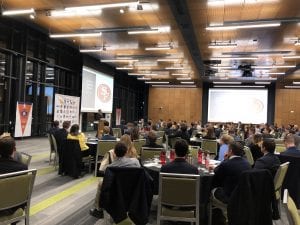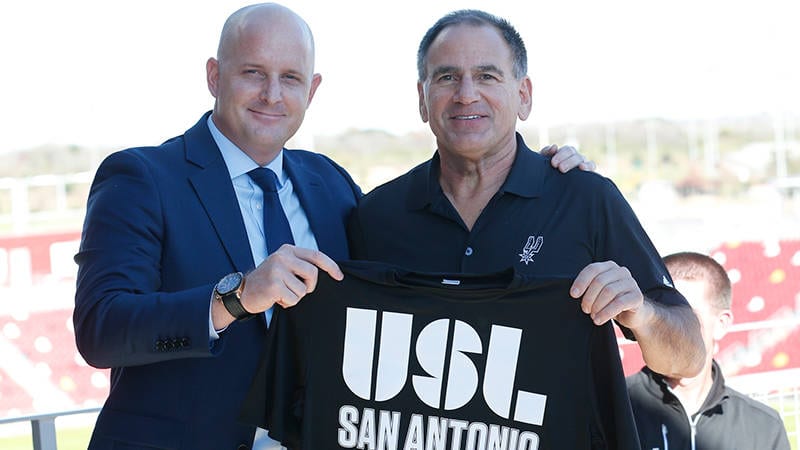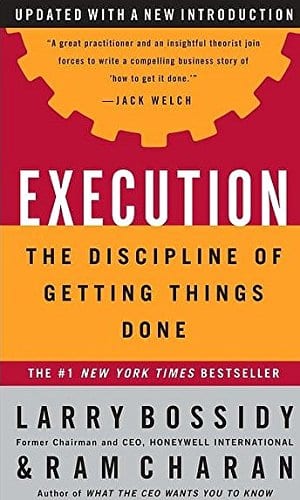New S3 Center Space
The new Center for Sports Strategy & Sales (S3) on the second floor of the business school offers great opportunities to engage with students on a daily basis. With three offices and visiting area, we can readily welcome students, guests, and families. Come by to visit us anytime!
S3 Free Fridays
To take advantage of our location we are launching #S3FreeFridays. We invite teams, corporations and agencies to promote themselves to Baylor students by providing branded items (caps, shirts, etc.) and/or a prize (signed jerseys, 2-4 tickets, a cruise to the Bahamas 😊) to distribute to office visitors on a Friday devoted to the organization. Click here to request a week!
For the team, corporation or agency, we will (a) run your PPT or videos on our office and classroom video board (located in main hallway on the first floor of the business school) all week, (b) collect the names of students interested in interviewing for internships or careers, and (c) facilitate recruitment via phone, video conference and in-person on our S3 recruitment days in January & February (see below).
S3 Save the Dates
Are you interested in recruiting S3 Sales or S3 Analytics students? Mark your calendars for:
1. S3 Analytics Careers Conference on Thursday/Friday on January 31 and February 1, 2020.
2. S3 Sales Careers Conference on Thursday/Friday on February 13-14, 2020.
We will host S3 alumni and guests for meals, conference sessions, and recruitment spaces to interview juniors for internships and seniors for careers. Premier Sales partners are welcome to schedule days in the fall to coincide with S3 Free Fridays to conduct virtual or in-person interviews.
Corporations and agencies associated with S3 can select which conference best suits their interests and attend one or both. As Kelly Roddy shared, demand for talent in analytics continues to rapidly grow for brands and agencies. At the same time, S3 has always produced graduates that excel in sponsorship activation, selling and measurement. Those with that interest may choose to attend the S3 Sales Careers Conference where others in partnership sales & activation will attend.
S3 & BU Athletics Official Partnership
The brainchild of Ryan Eklund, in a one-of-a-kind groundbreaking agreement, the Baylor Athletic Department is partnering with the Center for Sports Strategy & Sales (S3) to place S3 sales and S3 analytics students into paid positions working on the business side of the Athletics Department. Thanks to the vision of Jeramiah Dickey, Jovan Overshown and Cody Gougler, the top students in S3 Sales and S3 Analytics will have the opportunity to gain two years of work experience in Baylor Athletics in one or more of the following roles:
- Analytics: CRM Campaign Management, CRM Campaign Analytics, Direct Marketing, Website/Google Analytics, Digital Applications/Yinzcam, and Data Engineer.
- Sales: Season memberships, ticket plans, group sales (Fan Engagement), and sponsorship sales (Baylor Bear Sports Properties)
The net result will be highly seasoned, experienced graduates ready to assume greater responsibilities and higher compensation than other recent graduates competing for jobs in the business of sports. Read more here from Baylor University about the announcement.
S3 Leadership Partners
Are you a leader? Does your organization develop strong leaders?
S3 Leadership Partners are committed to improving the industry through education and talent development. Financial support goes directly to place S3 students into paid sales & analytics positions in the Baylor University Athletic Department. Leadership Partners receive preferential treatment with prominent displays in the S3 classroom, S3 office suite, S3 materials, S3 website, and first crack at recruiting and event registration.
Let us know if your organization would like to join the Dallas Cowboys, Houston Texans, Texas Rangers, Baylor Athletics, Phillips 66 and Eventellect in this prestigious circle of S3 Leadership Partners.
In addition, our S3 Premier Sales Partners offer qualified S3 Sales graduates entry level positions as account executives with compensation and benefits competitive with other corporate professional sales positions. Read more about these partners here.
S3 Director Search
As we chart the future for the S3 program, we seek an innovative faculty member to come alongside and shepherd the students in the S3 program to continue the legacy Dr. Darryl Lehnus has set for us. Dr. Lehnus is officially retiring in December of 2020, but will always remain connected through our S3 Alumni Network and Friends. We look for someone similarly like minded dedicated to following Christ in service to others, with experience and motivation to continue the growth of the S3 program. Please help us spread the word! A Masters is required and a PhD is preferred. The full job announcement and application is located here. Initial interviews begin in August 2019 at the AMA National Meetings in Chicago and can also be arranged via video conference.

























































